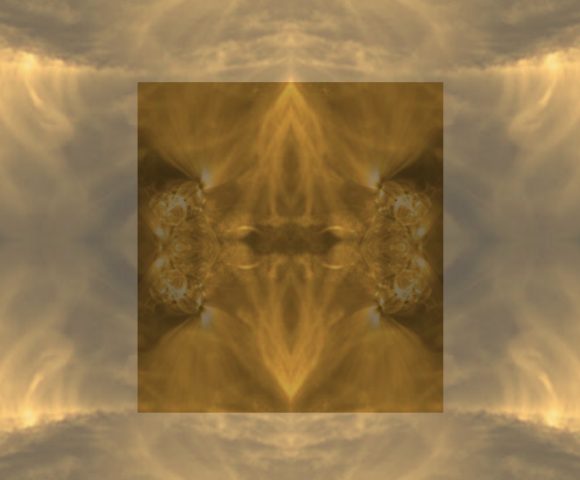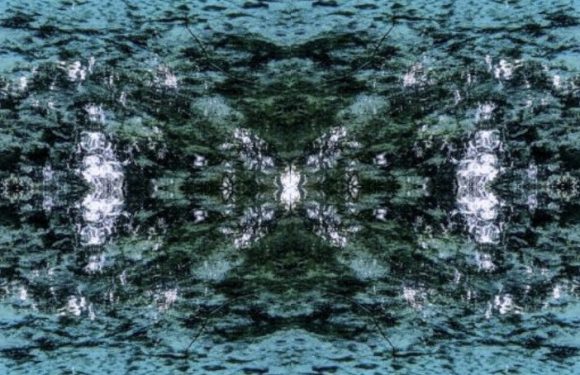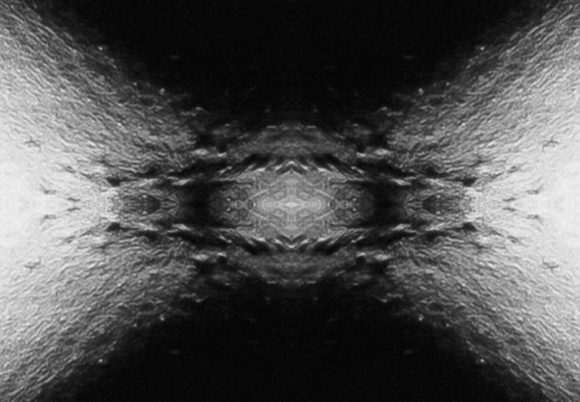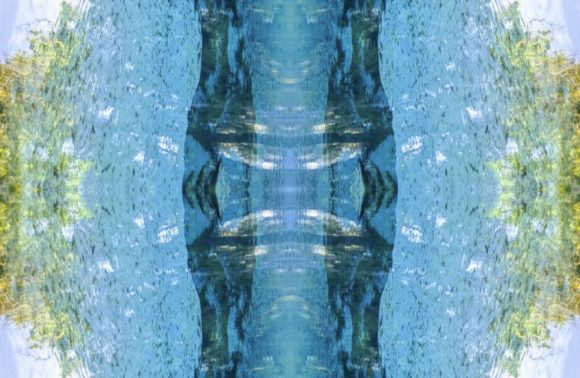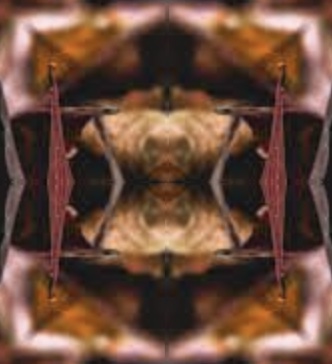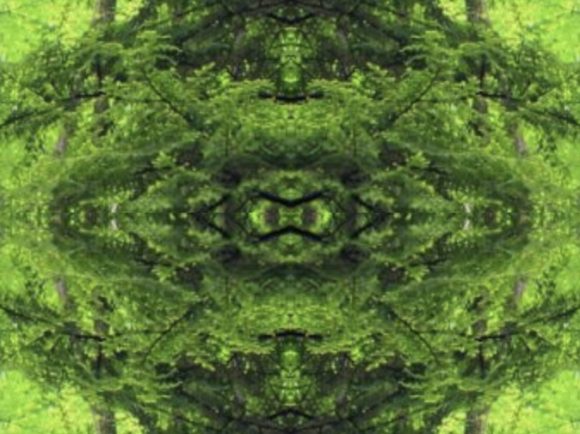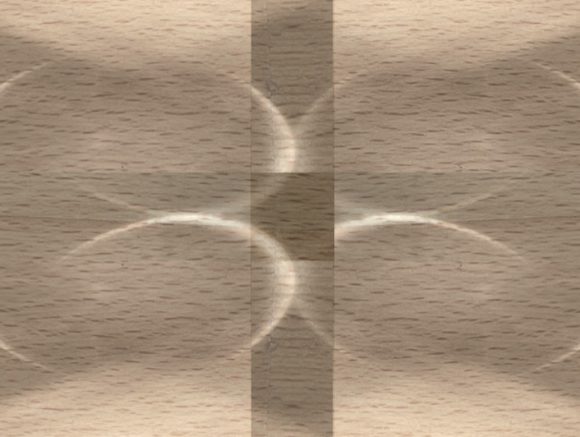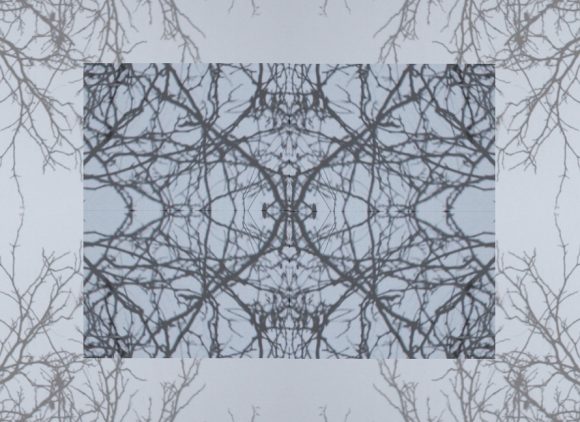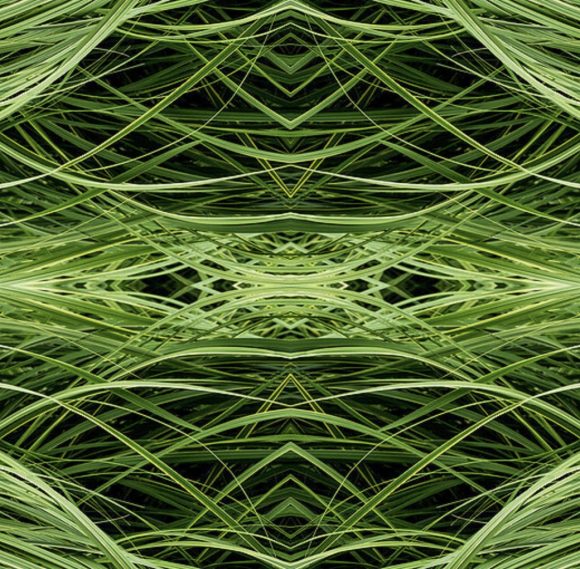
How can it be that the dynamic (and the interdependencies) are built into the ideas of Spirit and Anima? For this to be the case, the very formulation of the ideas must entail (or at least strongly imply) them. What’s more, it cannot simply be the abstract terminology, the conceptual definitions which differentiate the ideas: the dynamic and interdependencies must be woven into their symbolic...
